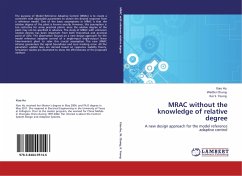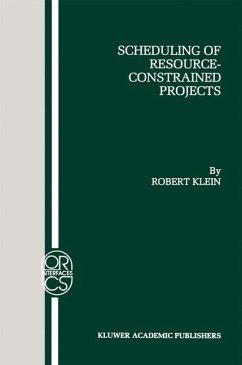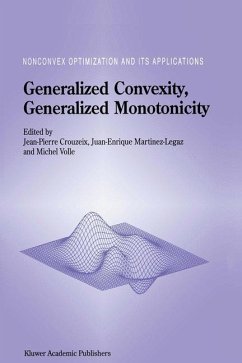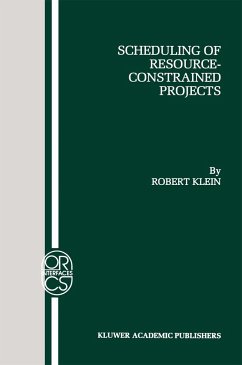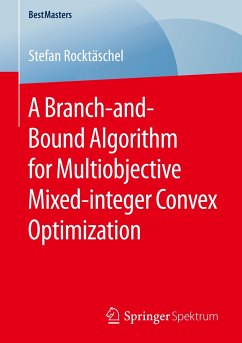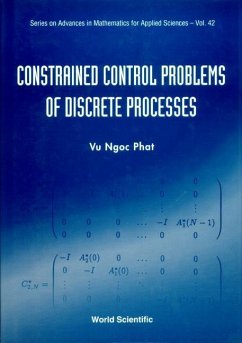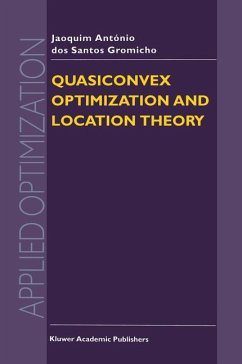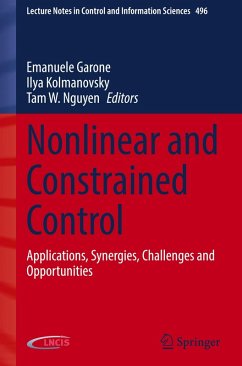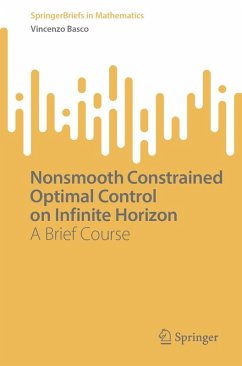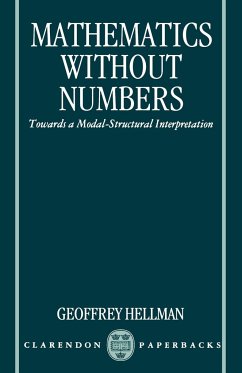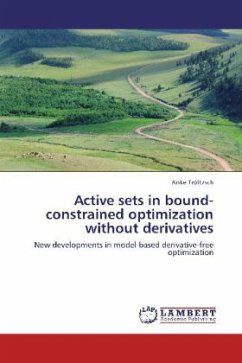
Active sets in bound-constrained optimization without derivatives
New developments in model-based derivative-free optimization
Versandkostenfrei!
Versandfertig in 6-10 Tagen
45,99 €
inkl. MwSt.

PAYBACK Punkte
23 °P sammeln!
Derivative-free optimization (DFO) has enjoyed renewed interest over the past years, mostly motivated by the ever growing need to solve optimization problems defined by functions whose values are computed by simulation (e.g. engineering design, medical image restoration or groundwater supply). In this book, we present a new interpolation-based trust-region algorithm which shows to be efficient and globally convergent (in the sense that its convergence is guaranteed to a stationary point from arbitrary starting points). The new algorithm relies on the technique of self-correcting geometry propo...
Derivative-free optimization (DFO) has enjoyed renewed interest over the past years, mostly motivated by the ever growing need to solve optimization problems defined by functions whose values are computed by simulation (e.g. engineering design, medical image restoration or groundwater supply). In this book, we present a new interpolation-based trust-region algorithm which shows to be efficient and globally convergent (in the sense that its convergence is guaranteed to a stationary point from arbitrary starting points). The new algorithm relies on the technique of self-correcting geometry proposed by Scheinberg and Toint (2010). Furthermore, we extended this method to handle bound constraints by applying an active-set strategy. The resulting algorithm has shown to be numerically highly competitive. We present results on a test set of smooth problems from the CUTEr collection and compare to well-known state-of-the-art packages from different classes of DFO methods. To report numerical experiments incorporating noise, we create a test set of noisy problems by adding perturbations to the set of smooth problems. Finally, we present results on a real-life application.



